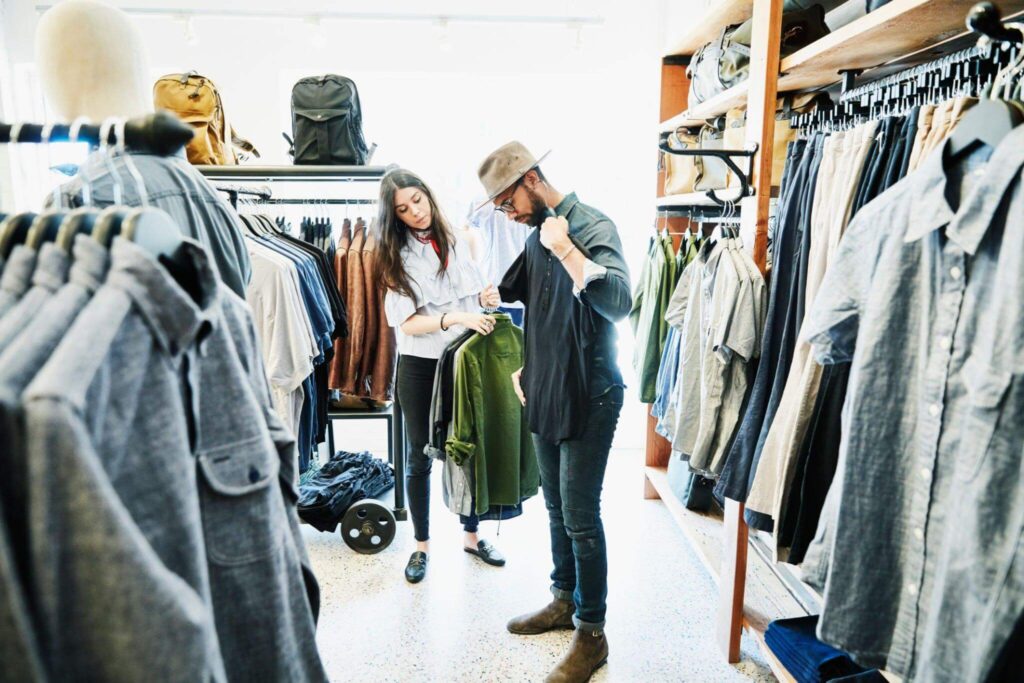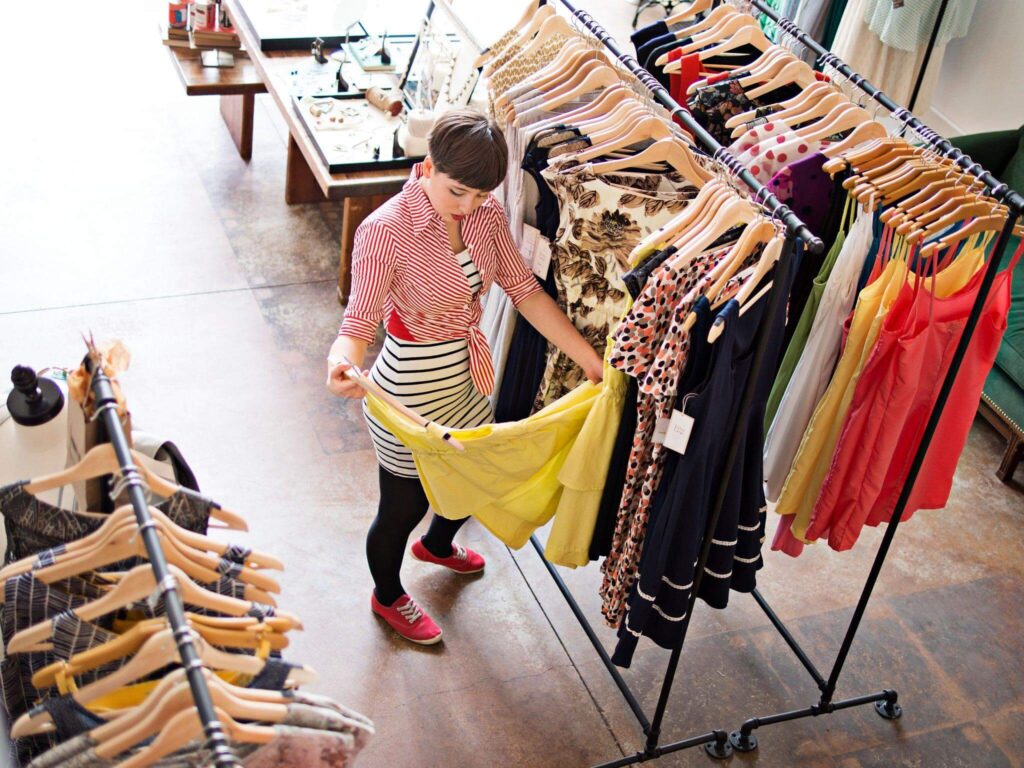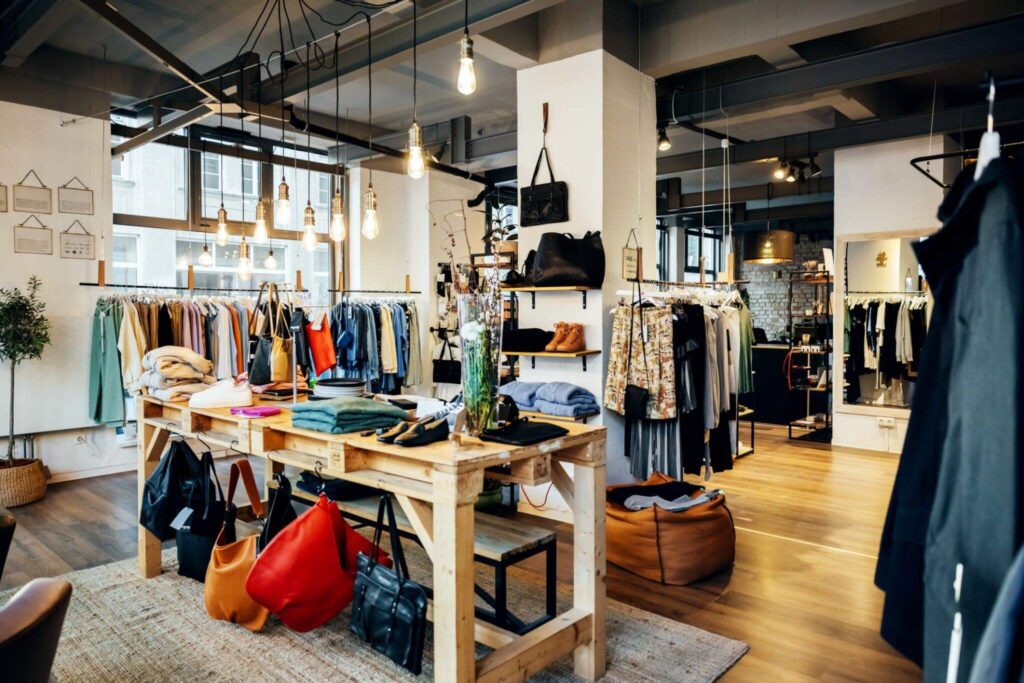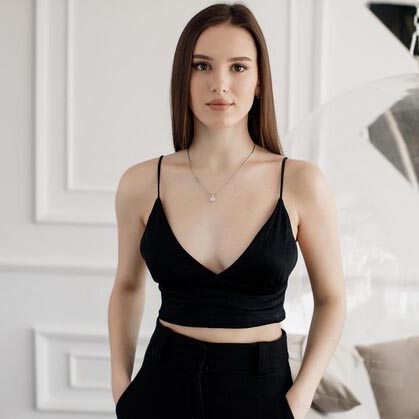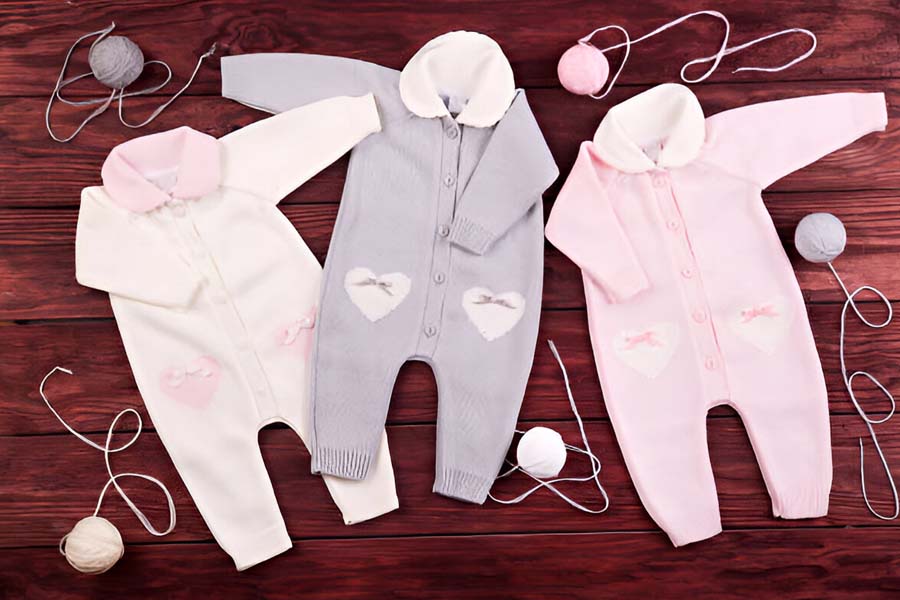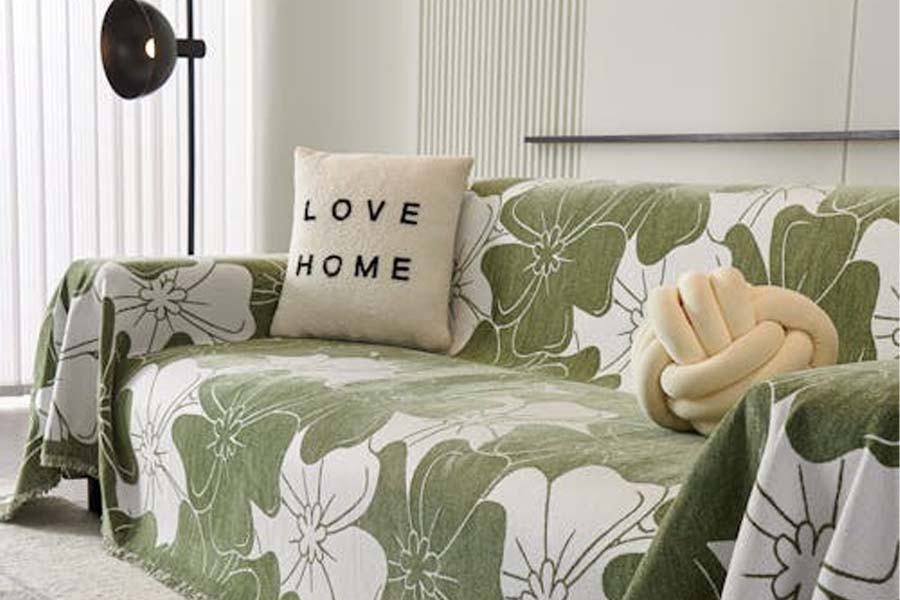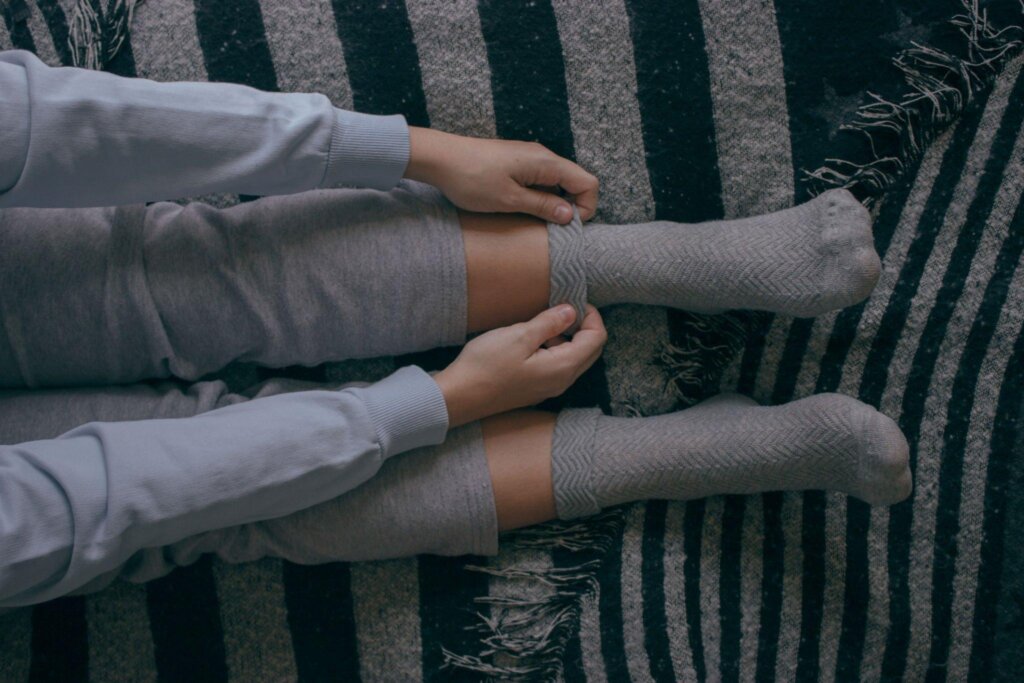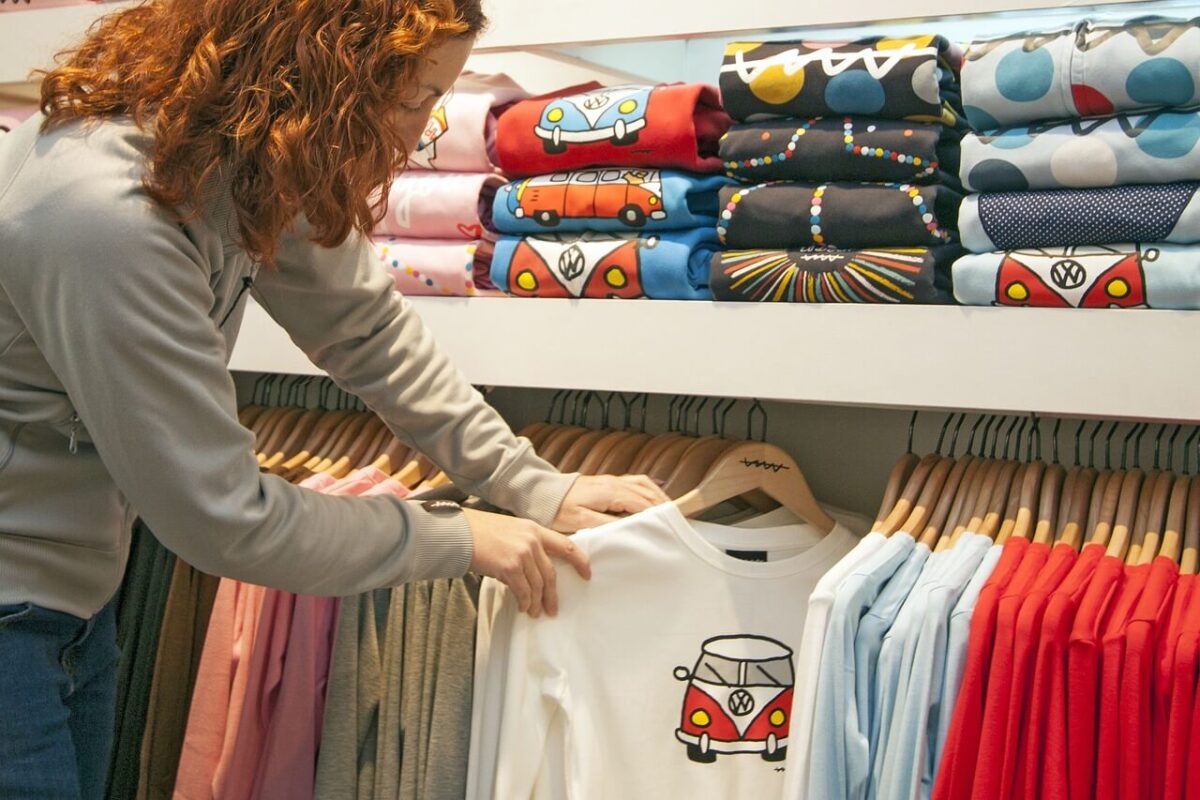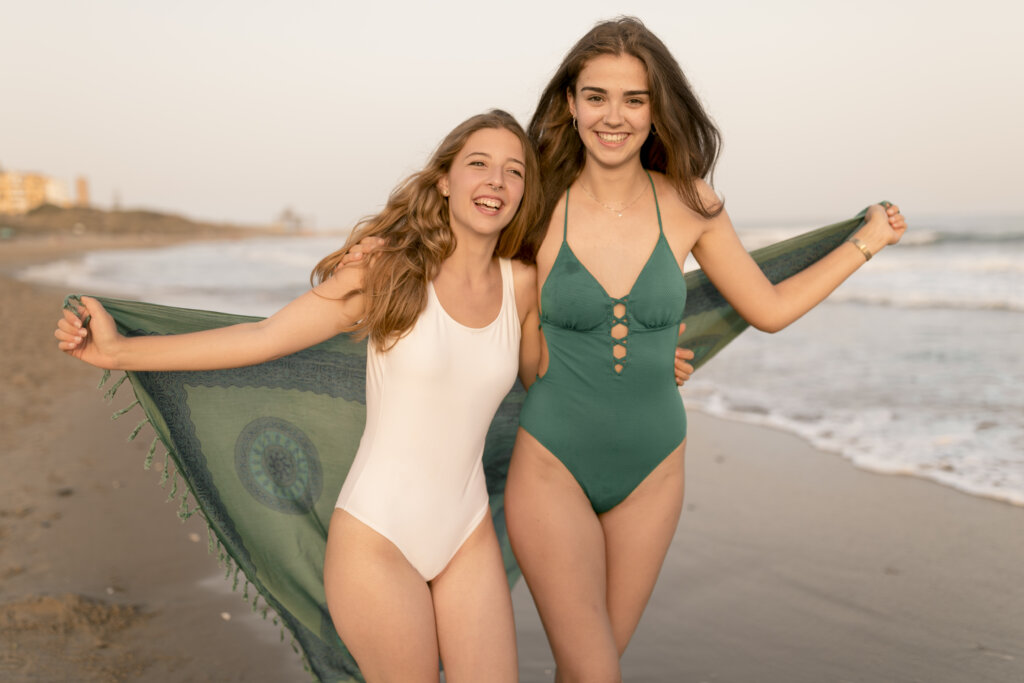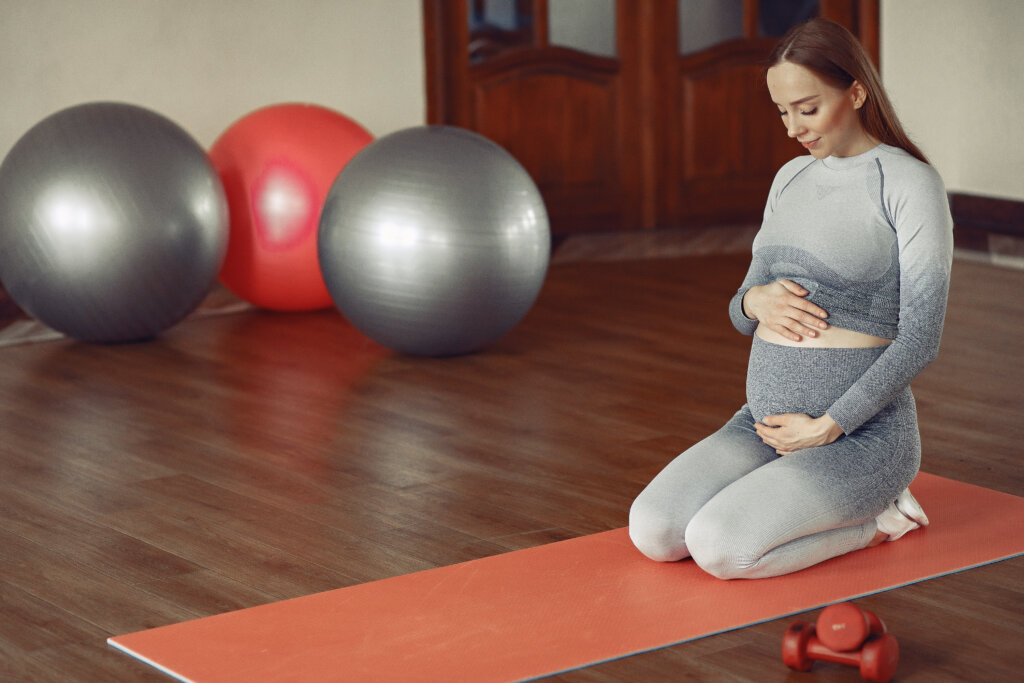
Turkey is one of the biggest exporters of clothes on the planet. As such, it’s the go-to destination for many brands that want to outsource garment manufacturing away from their headquarters.
Finding the right clothes maker can be difficult since there are approximately 60,000 textile companies in this country. Naturally, you only want to work with the finest organizations, and we’ll help you find them.
Coming up are the 10 best clothing manufacturers in Turkey.
Top 10 Turkish Apparel Manufacturers
If you’re considering Turkey as the location of your production facility, don’t do so without considering the available options carefully. The following 10 providers have a lot to offer, but they also have a few drawbacks.
Akcakaya Textile – Turkey’s Eco-Friendly and Reliable Clothes Manufacturer
Akcakaya Textile is the go-to option for many brands that outsource their production to Turkey. One of the reasons is that they incorporate cutting-edge technology into various stages of their manufacturing. For instance, they utilize advanced EPS software to improve the visibility of their clothes-making and GERBER AccuMark Pattern Design System to come up with stunning designs.
Another reason Akcakaya Textile is popular is their eco-friendly approach. They abide by numerous sustainability norms, such as the Global Organic Textile Standard, Global Recycled Standard, and Recycled Claim Standard.
Lastly, they’re one of the most versatile manufacturers in Turkey. The company makes a range of garments for both men and women, including sweatshirts, jackets, pants, jeans, and accessories.
Pros:
- This manufacturer uses high-end technology to speed up production.
- A sustainable enterprise.
- The firm makes different types of garments for all genders.
Cons:
- Often takes them days to respond to your messages.
- Turnaround times could be improved.
Konsey Textile – Turkey’s Clothes Manufacturer That Offers Numerous Materials
The second entry on our list is Konsey Textile. This men, women, and children’s clothing manufacturer brings a lot to the table, including vast experience. With decades in the textile industry, they’ve learned how to adapt to ever-evolving fashion trends.
Fabric variety is another strong suit of this manufacturer. From jersey, pique, and rib to flatlock, viscose, and polyester, they use a wide array of materials, depending on your needs and budget. There are also bamboo and organic cotton alternatives.
If you’re in the European Union, the company can ship products relatively fast. It has a high-quality network of couriers and suppliers to expedite manufacturing and transport.
Pros:
- Great for men, women, and kids’ clothing brands.
- They rely on a multitude of materials to provide more options.
- A seasoned enterprise with smooth shipping to the EU.
Cons:
- Transport to non-EU countries is sometimes sluggish.
- The quality is inconsistent, especially with polyester and linen garments.
Zeria Textile – Turkey’s Clothes Manufacturer All Kinds of Outfits
Zeria Textile is another solid pick due to their high standards and reliable clothing production methods. They’ve produced garments for several global companies, including Zara, which has built their reputation as a dependable company.
As for the garments they manufacture, the options are extensive. T-shirts, sweatshirts, jackets, hats, scarves, belts, jeans, and shorts are just some of the garments they provide.
What’s also admirable is that they provide warranties for their work. This way, you can return defective apparel for free if the flaw is caused by the manufacturer.
Pros:
- A well-established producer trusted by many fashion giants.
- They offer a wide variety of garments.
- Warranties with each batch.
Cons:
- The warranty is limited and only addresses a few manufacturer flaws.
- Technical support could be more comprehensive.
IMPAQQT Clothing – Turkey’s Versatile Clothes Manufacturer
IMPAQQT Clothing is all about helping you make an impact with your garments. There are several highlights of this manufacturer, but their customization package is particularly notable. You can experiment with a variety of designs and patterns to achieve the perfect product. If you don’t have a design of your own, consult the company for some inspiration.
Variety is another strength of this clothing manufacturer. They produce pretty much anything, such as men’s jeans and jackets to ladies’ dresses and tracksuits.
Finally, IMPAQQT Clothing attracts potential customers with free quotes. They’re detailed, accurate, and transparent.
Pros:
- Countless customization options.
- Brand consultation is possible.
- You can commission them for a slew of outfits.
Cons:
- Although free, quotes are pretty sluggish.
- Not enough sustainable and organic garments.
MPY Textile – Turkey’s Dependable Manufacturer of Personalized Collections
MPY Textile leaves nothing to chance when manufacturing your clothes. They pride themselves on in-depth quality checks at different phases of production. For example, they may inspect your garments when verifying dimensions, finishing, printing, embroidery, accessories, and packaging. The risk of defective attire is much lower in such an environment.
Their personalization strategy can also be helpful. They offer a number of ways to spice up your garments and take them to a whole new level. Digital printing, embroidery, relabeling, logos, and hangtags are just a few options.
Furthermore, what if you can’t decide on the right design and the release window is narrowing? MPY Textile offers a way out with their creative explanation services. They can recommend appropriate colors and patterns for the season, so the production can finally commence.
Pros:
- Comprehensive quality checks improve consistency.
- Personalization tools can help you stand out.
- MPY Textile can advise you on suitable designs.
Cons:
- No children’s clothing is available.
- They may sometimes request upfront payments.
Sareteks Textile – Turkey’s Clothes Manufacturer That Puts Sustainability First
When you visit the Sareteks Textile website, the first thing that pops out is the “sustainable fashion” inscription. That’s exactly what they’re about. The manufacturer goes above and beyond to limit its carbon footprint and has a number of certificates to back up its efforts. They utilize recycled and organic fabrics to help eco-friendly brands thrive.
The firm makes a whole host of products, but they specialize in knitwear. Be it men or women’s clothing, Sareteks knitwear is wrinkle-resistant and elastic, allowing it to regain its original shape after shipping. It’s also lightweight.
Moreover, several household names put their trust into the hands of this company. Hummel and Bad Bear are two examples.
Pros:
- Sustainability is their priority.
- Knitwear collection is robust.
- A trusted brand with a high reputation in the clothing industry.
Cons:
- You can’t hire them for kids’ apparel.
- Non-knitwear products are sometimes lackluster.
Too Fabric – Turkey’s Clothes Manufacturer of Customized Fabrics
Customization is a must in today’s fashion landscape, and Too Fabric understands this need. That’s why they let you differentiate your garments from your competition with several tools. For instance, you can choose from woven neck labels, zippers, and satin care labels for that extra oomph.
Another attractive feature of this company is screen printing and embroidery. They’re an excellent solution for clothing with text and logos because they make your garments more professional. Plus, they can be applied to numerous designs, making them super-versatile.
Lastly, the organization has received many good reviews due to their simple plans. Whether you select the Ready-Made or Custom-Made package, you know what to expect right off the bat.
Pros:
- A rich suite of customization solutions.
- Embroidery and screen printing convey professionalism.
- Thanks to two simple payment plans, it’s easy to choose a suitable production volume and type.
Cons:
- Customer service often takes three or four hours to respond despite claims to the contrary.
- Shipping to China, Japan, and other countries in the Far East is slow.
Mayyana Textile – Turkey’s Clothes Manufacturer of Special Clothes
Mayyana Textile is a solid pick for several reasons. First, it lets you decide whether you want to send tech packs yourself or design your assortment with their input.
Second, the company makes a plethora of garments with special properties. These include oil and water-repellent surfaces, non-iron fabrics, easy-care designs, and antibacterial coatings. All of which help you target a specific niche and sell your products for a higher price.
Furthermore, Mayyana Textile enables you to improve existing products with proprietary textile blends. Some of the fabrics include polyester, viscose, cotton, ketene, and silk.
Pros:
- The company can help you with apparel design along the way.
- High-quality fabrics.
- If you already have garments in your collection, Mayyana can improve them with various textile blends.
Cons:
- Technical support leaves a lot to be desired.
- They tend to miss deadlines, especially with long-distance shipping.
JEETEX – Turkey’s Clothes Manufacturer of Garments for All Seasons
If we had to use just one word to describe JEETEX, it would be flexibility. They’re highly versatile, as they make clothes for various purposes. There’s everyday wear, accessories, headwear, work outfits, and body-warming attire.
Furthermore, the company has several ways to deliver unique products. For example, you can opt for different branding techniques, like PVC printing, labels, pull zippers, and silk-screen printing.
Finally, JEETEX customers rarely have quality issues. The firm works with reputable suppliers and performs quality checks at all crucial stages to maximize consistency.
Pros:
- They make clothes for many purposes.
- JEETEX helps you separate yourself from the pack with their private branding services.
- Quality is generally high.
Cons:
- It takes more than two months to deliver special fabrics (e.g., embroidered ones).
- Non-EU shipments are sluggish and unreliable.
Seza Textile – Turkey’s Clothes Manufacturer for Low Budgets
Seza Textile is our final entry, but this doesn’t make it inferior to the rest of the lineup. On the contrary, it offers a solid combination of affordable garments and high-quality fabrics sourced from trusted suppliers.
In addition, the company adopts sustainable material sourcing, production, packaging, and shipping. They also have organic fabrics to help you target specific populations.
Pros:
- They blend low prices with good quality.
- The company has sustainable production facilities.
- Perfect for clothing brands looking to sell organic fabrics as their primary product.
Cons:
- The lead time can go up to two months.
What Are the Benefits of Working With Turkish Clothing Manufacturers?
Brands from all over the world entrust Turkish clothing manufacturers with making their apparel. We’ve highlighted several reasons why that’s the case across the 10 providers. Let’s take a closer look at why working with them may make sense:
- Low prices – There are well over 60,000 textile companies in Turkey, and the country also has a well-developed supplier network that provides each firm with solid materials. With so many sourcing options, the prices are reasonable and competitive, allowing you to keep your budget virtually intact.
- Experienced workers – Many brands all over the world partner with Turkish companies to produce their garments. The employees of these manufacturers are well-versed in pretty much any clothes you commission them for. They’re highly skilled, which can give you an edge over the competition.
- Diversified garments – Whether you have a narrow niche or want to target broad populations, Turkey can be a good solution. Their clothes manufacturers know the ins and outs of producing men’s, women’s, and children’s outfits. Some even make pet clothes, allowing you to break into various markets.
Choosing the Best Clothing Manufacturer in Turkey
Even though teaming up with a Turkish clothing manufacturer can be a good decision, you can expect quite a few bottlenecks along the way. The only way to minimize the risk is to make sure your provider checks the following boxes:
- They can meet your production needs – Before you hire a Turkish provider, get in touch with them for an offer. Tell them how much apparel you want them to produce and see if they have the capacity to meet the quota. If not, move on to a different company because you may deal with prolonged delays otherwise.
- They have references from previous clients – Another detail you should check before teaming up with a Turkish manufacturer is their track record. Ask for references from previous clients. If they’re reluctant to provide them, it either means they don’t have them or they’re not experienced enough. Working with such providers is ill-advised.
- They’re sustainable – Today’s market requires you to lower your carbon footprint and appeal to environmentally conscious audiences. Therefore, only consider manufacturers that utilize sustainable sourcing and production practices. It’ll help build a reputation for being a fashion brand that cares about the planet.
- They’re ethical – The vast Turkish textile industry employs millions of people. Some enterprises require their staff to work in unacceptable conditions to meet quotas. The last thing you want consumers to associate with you is cooperation with such companies. Hence, do your due diligence and see if a firm has a history of worker exploitation.
- They offer shipping to your country – Prior to sending your tech packs and paying a company, you should make sure they ship garments to your country. Otherwise, any discussions about quality, patterns, colors, and other aspects will have been a waste of time.
Appereify Is A Relibale Turkish Clothing Manufacturer Alternative
There is some value in working with Turkish garment makers, but there are still some drawbacks to consider. For brands on the other side of the planet, increased lead times will be a considerable problem, due to the “long-distance” fact. Also, not every enterprise is ethical and sources organic materials, at least it can be challenging to perform inspection for brands overseas, which can cause further discord.
You need an alternative option that eradicates all those issues, and Ludyway is the light at the end of the tunnel.
We’re the top-grade makers of premium-quality clothes. Whether you focus on men, women, or children’s clothing, we have the resources and skills to support your business. Our rates are affordable, and we can deliver a final batch in less than 20 days, so you can accomplish your sales goals faster.
We pride ourselves on our sustainable production process and a team of experts dedicated to promoting sustainability in the fashion industry. We follow a comprehensive approach to minimize the environmental impact throughout the production cycle, include the use of eco-friendly materials like ethically sourced, organic, and low environmental footprint fabrics such as organic cotton, hemp, bamboo, and recycled polyester made from plastic bottles.
To ensure continuous improvement, and to offer top-quality services to all of our partners, Ludyway has an expert team with diverse backgrounds in clothing design, garment production, supply chain management, and after-sale services. They collaborate to develop innovative strategies for clients from all over the world.
We at Ludyway continuously evaluate our service standards, producing the best quality garments for clothing brands of all sizes, while seeking ways to enhance sustainability and reduce our environmental footprint along the way. Our goal is to lead by example and inspire positive change in the fashion industry.
Work With Reliable Clothing Manufacturers to Accomplish Perfection
Much of your success as a fashion brand owner depends on your ability to reduce uncertainty. By partnering with these dependable Turkish manufacturers, you’ll receive higher attention to detail and strictly controlled quality consistently. Each production stage will be accompanied by strict quality checks to ensure every stitch is robust and in line with your vision.

